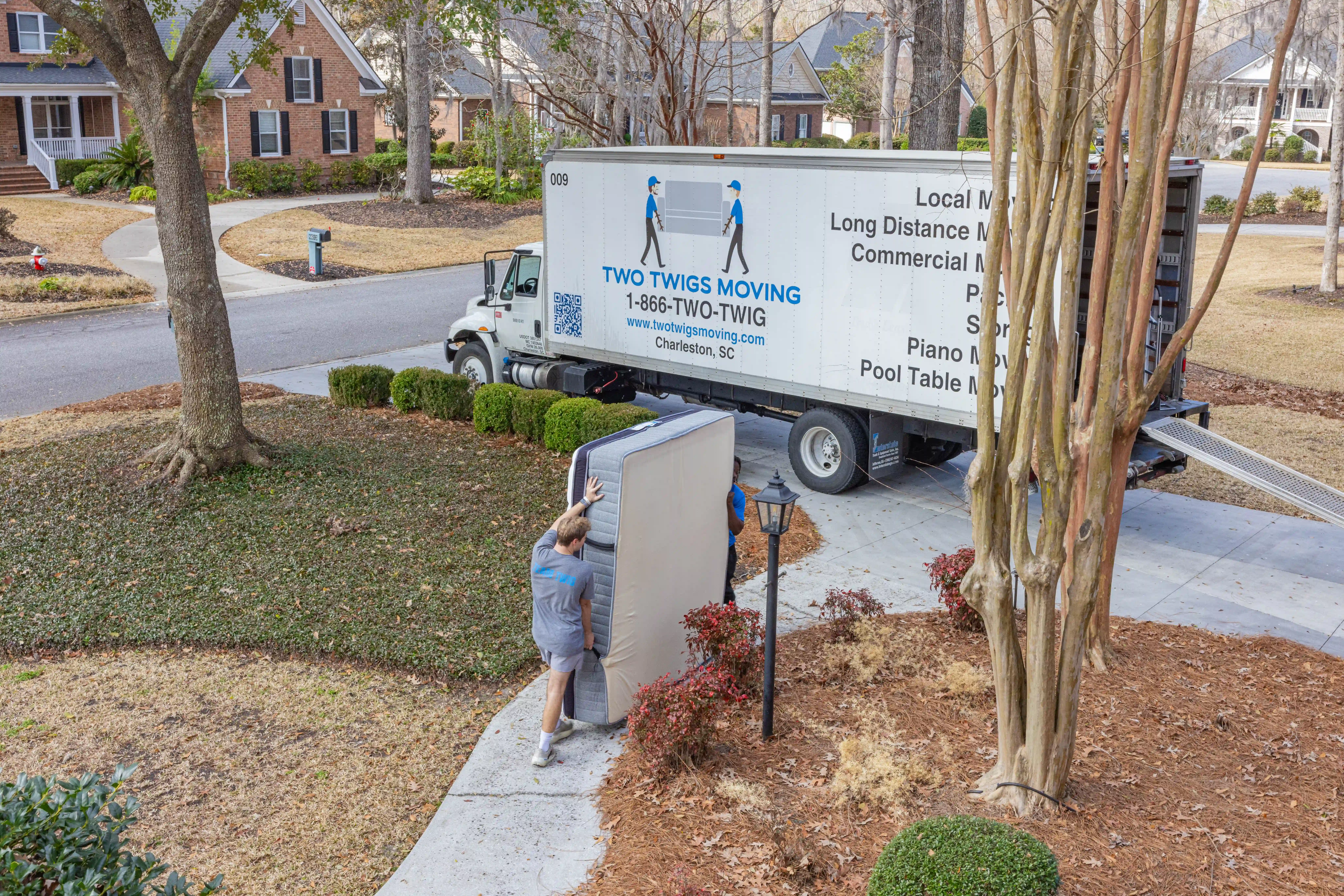Moving can be an exciting yet expensive endeavor. Whether you’re relocating across town or across the country, creating a detailed moving budget is essential for managing your finances and avoiding unexpected costs. Here’s a comprehensive guide to help you plan financially for your move.
1. Assess Your Moving Costs
1.1. Moving Services
- Professional Movers: If you’re hiring a moving company, get quotes from several providers. Costs can vary based on distance, the size of your home, and the services included. Make sure to ask for a detailed breakdown of the costs.
- DIY Move: If you’re renting a truck or van, factor in the rental fee, fuel, and any additional costs such as insurance.
1.2. Packing Supplies
- Boxes and Packing Materials: Include the cost of boxes, bubble wrap, packing paper, tape, and markers. If you’re purchasing these items, they can add up quickly.
- Specialty Packing: For fragile or high-value items, you might need specialty packing materials or services.
1.3. Temporary Housing
- Accommodation Costs: If there’s a gap between your move-out and move-in dates, you might need temporary housing. Include costs for hotels, short-term rentals, or Airbnb.
1.4. Utility Deposits and Fees
- New Utilities: When moving to a new home, you may need to pay deposits for utilities like electricity, gas, water, and internet. Check with your new providers for their requirements.
- Final Bills: Don’t forget to budget for final utility bills at your old home.
1.5. Miscellaneous Costs
- Cleaning: If you’re required to clean your old home before leaving, factor in the cost of cleaning supplies or professional cleaning services.
- Travel Expenses: If you’re moving a long distance, include travel expenses such as gas, meals, and lodging along the way.
2. Create a Detailed Budget
2.1. Estimate Costs
- Research: Gather estimates for each expense category based on your moving plan. This will help you get a realistic idea of your total moving costs.
- Buffer: Include a buffer of 10-20% to cover unexpected expenses. Moving often comes with surprises, so it’s wise to have extra funds available.
2.2. Break Down the Budget
- Fixed Costs: List fixed costs such as moving company fees, rental truck costs, and utility deposits.
- Variable Costs: Estimate variable costs like packing supplies, meals, and travel expenses. These can fluctuate based on your specific circumstances.
2.3. Track Expenses
- Record Keeping: Keep track of all your expenses as they occur. Use a spreadsheet or budgeting app to stay organized.
- Receipts: Save all receipts and invoices for your moving-related expenses. This will help you stay within budget and may be useful for reimbursement or tax purposes.
3. Plan for Cost-Saving Opportunities
3.1. Declutter and Downsize
- Sell or Donate: Reduce the number of items you need to move by selling or donating unwanted belongings. This can lower packing costs and reduce the size of the truck you need.
- Minimalist Approach: Adopting a minimalist approach not only saves money but can also make the moving process smoother.
3.2. Compare Moving Services
- Get Multiple Quotes: Obtain quotes from several moving companies or truck rental agencies. Compare their services and prices to find the best value.
- Negotiate: Don’t be afraid to negotiate with moving companies or service providers for better rates or added services.
3.3. Pack Smart
- DIY Packing: Save money by packing your own belongings. Use free or recycled boxes and packing materials whenever possible.
- Efficient Packing: Pack efficiently to maximize space and reduce the number of boxes. This can lower moving truck costs.
4. Review and Adjust
4.1. Final Review
- Check Your Budget: Review your moving budget as you approach the move date. Adjust for any changes in expenses or unexpected costs.
- Final Adjustments: Make any necessary adjustments to ensure you stay within your budget.
4.2. Post-Move Budgeting
- Track Post-Move Expenses: Continue tracking expenses after the move, such as settling into your new home or updating utilities.
- Evaluate: Evaluate your overall moving budget to identify areas where you can improve for future moves.
Conclusion
Creating a moving budget is crucial for managing your finances and ensuring a smooth relocation. By assessing your costs, creating a detailed budget, planning for cost-saving opportunities, and reviewing your expenses, you can minimize financial stress and enjoy your move with confidence. Remember, careful planning today can lead to a more organized and stress-free moving experience tomorrow.


.svg)


